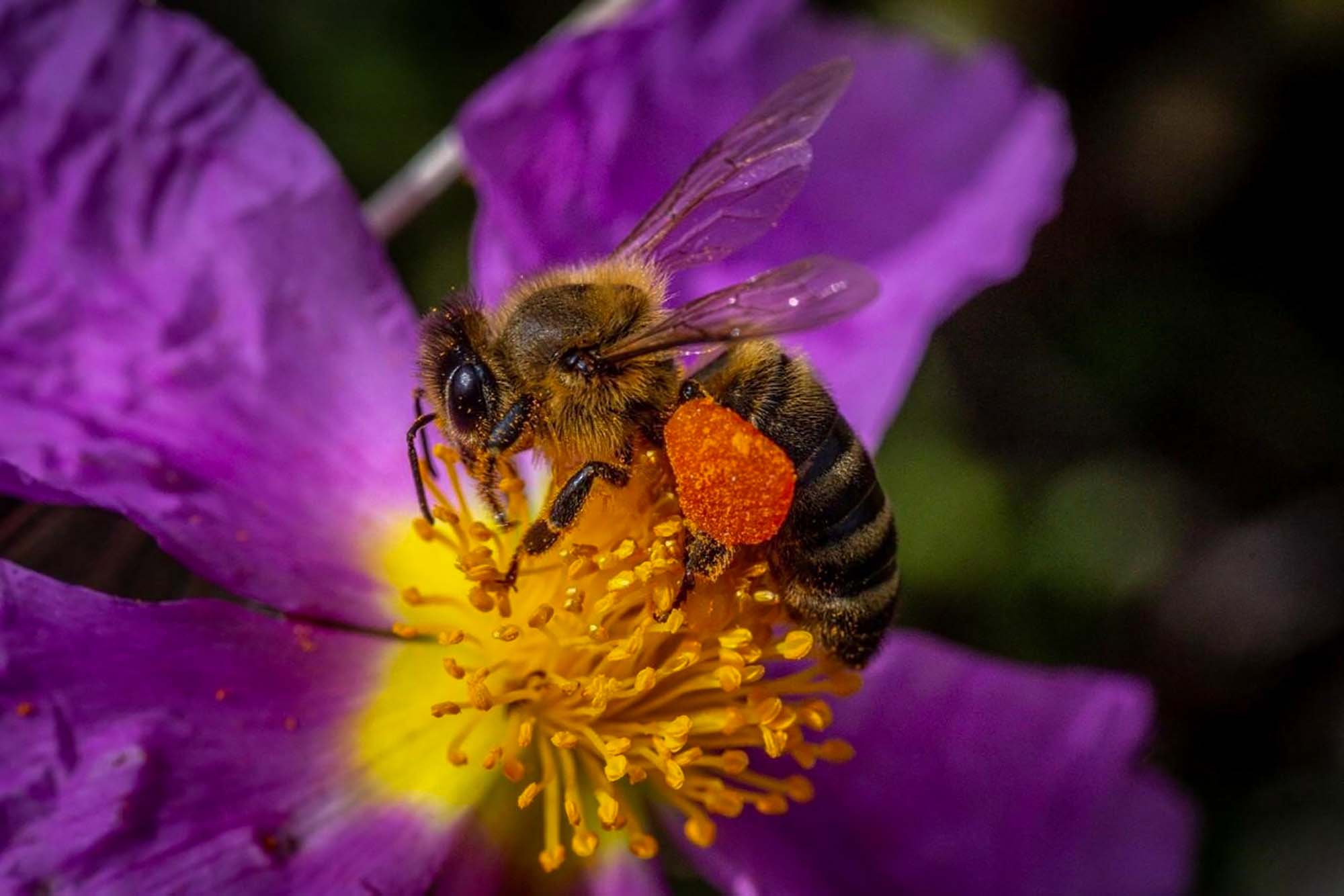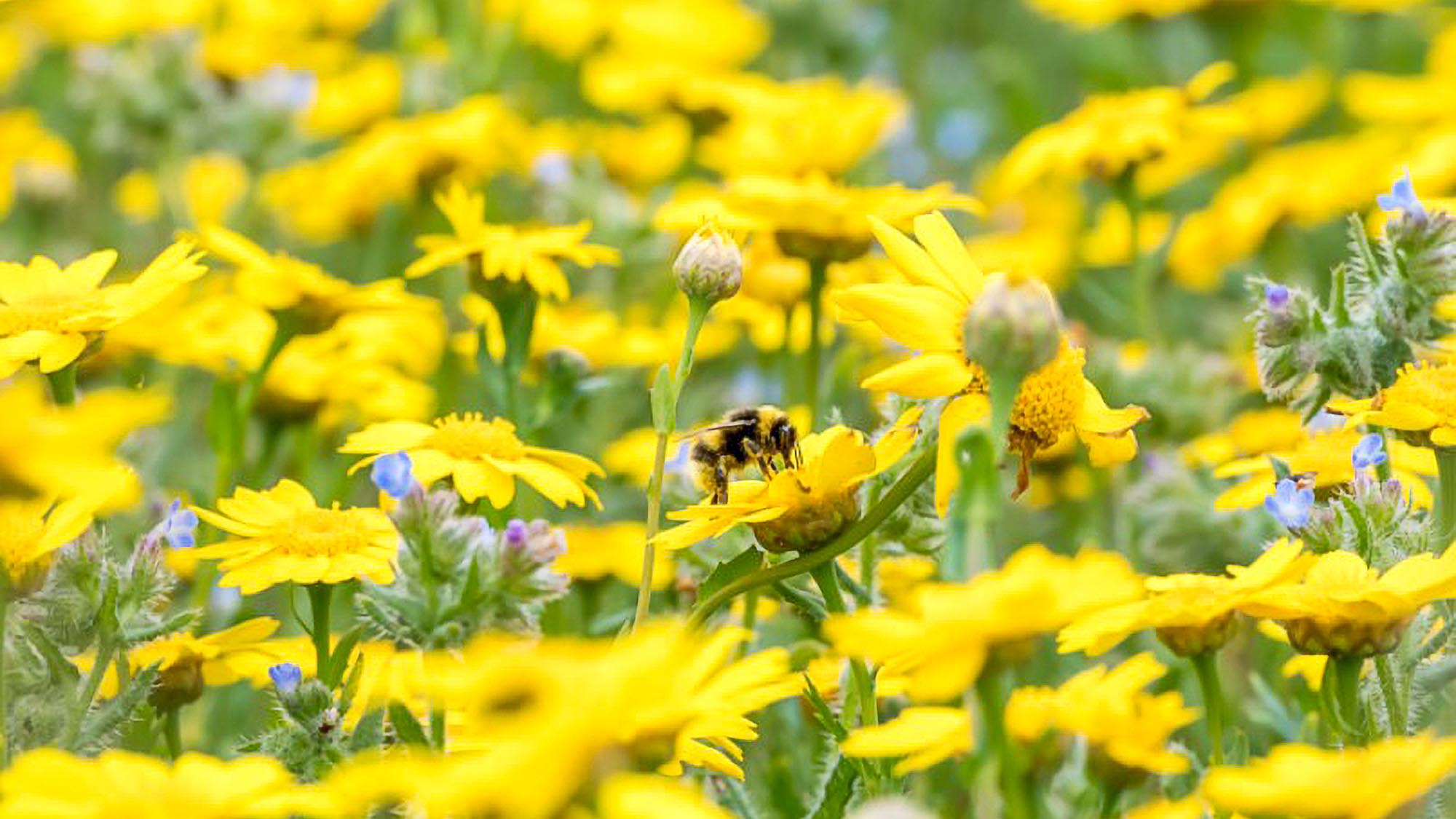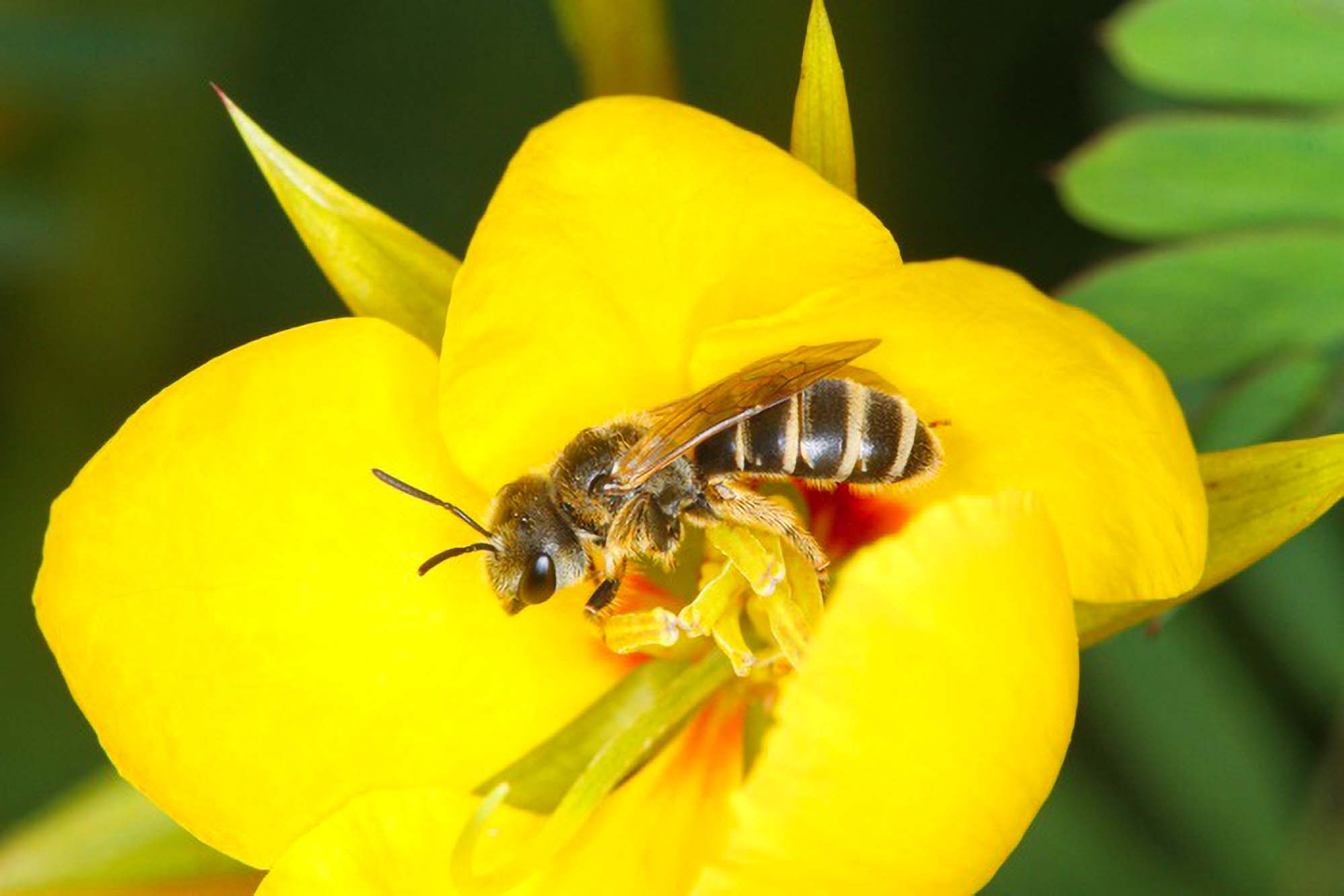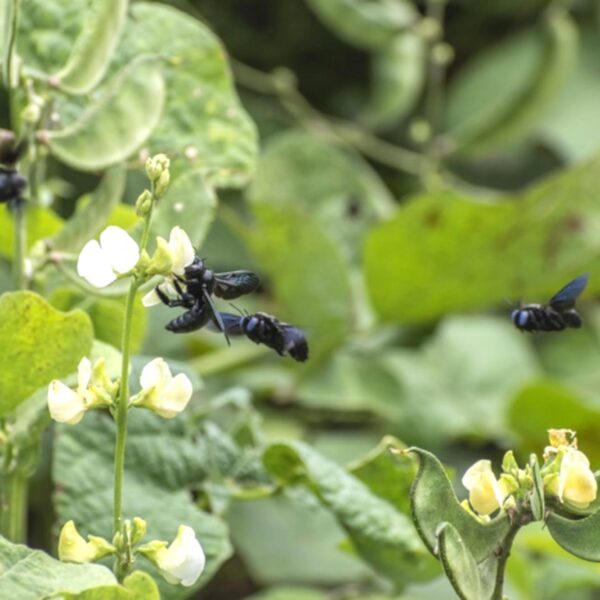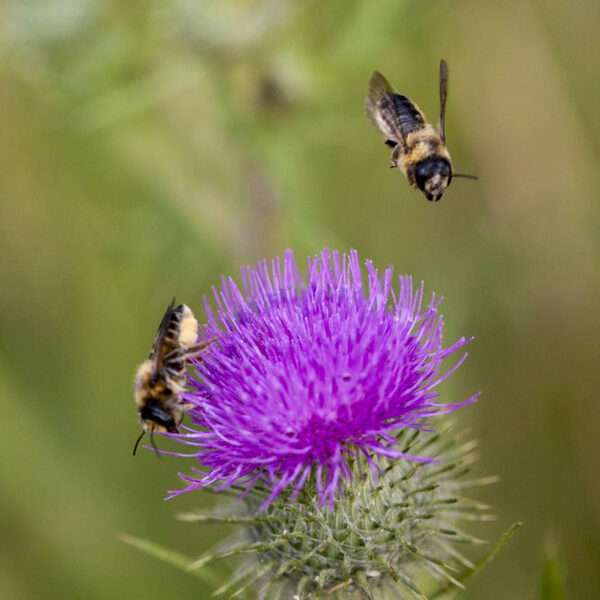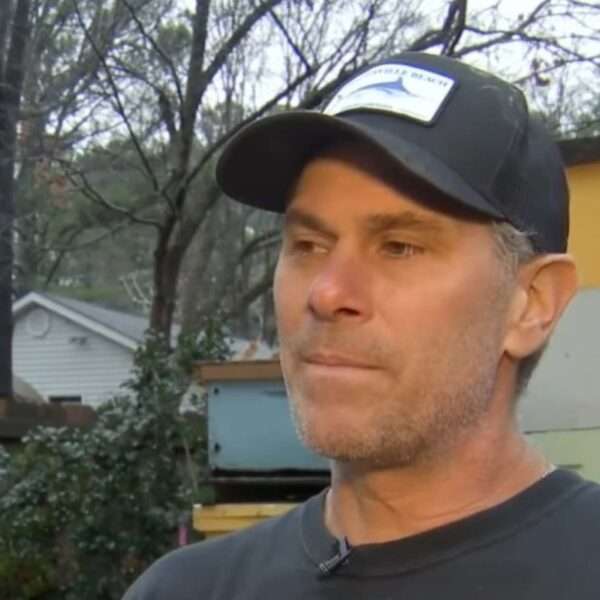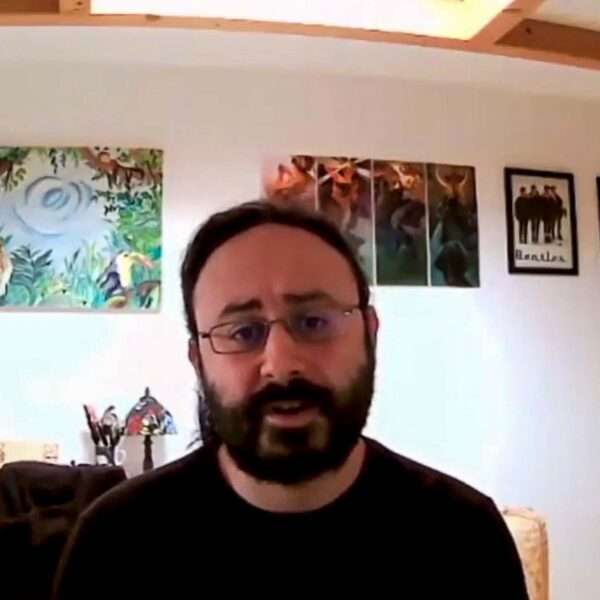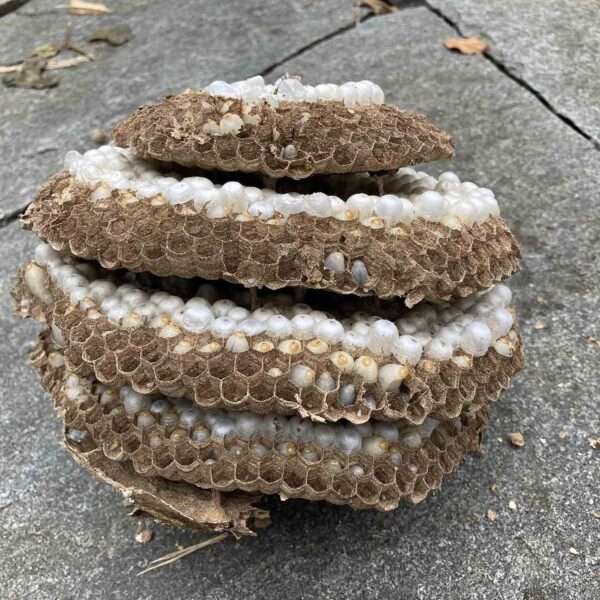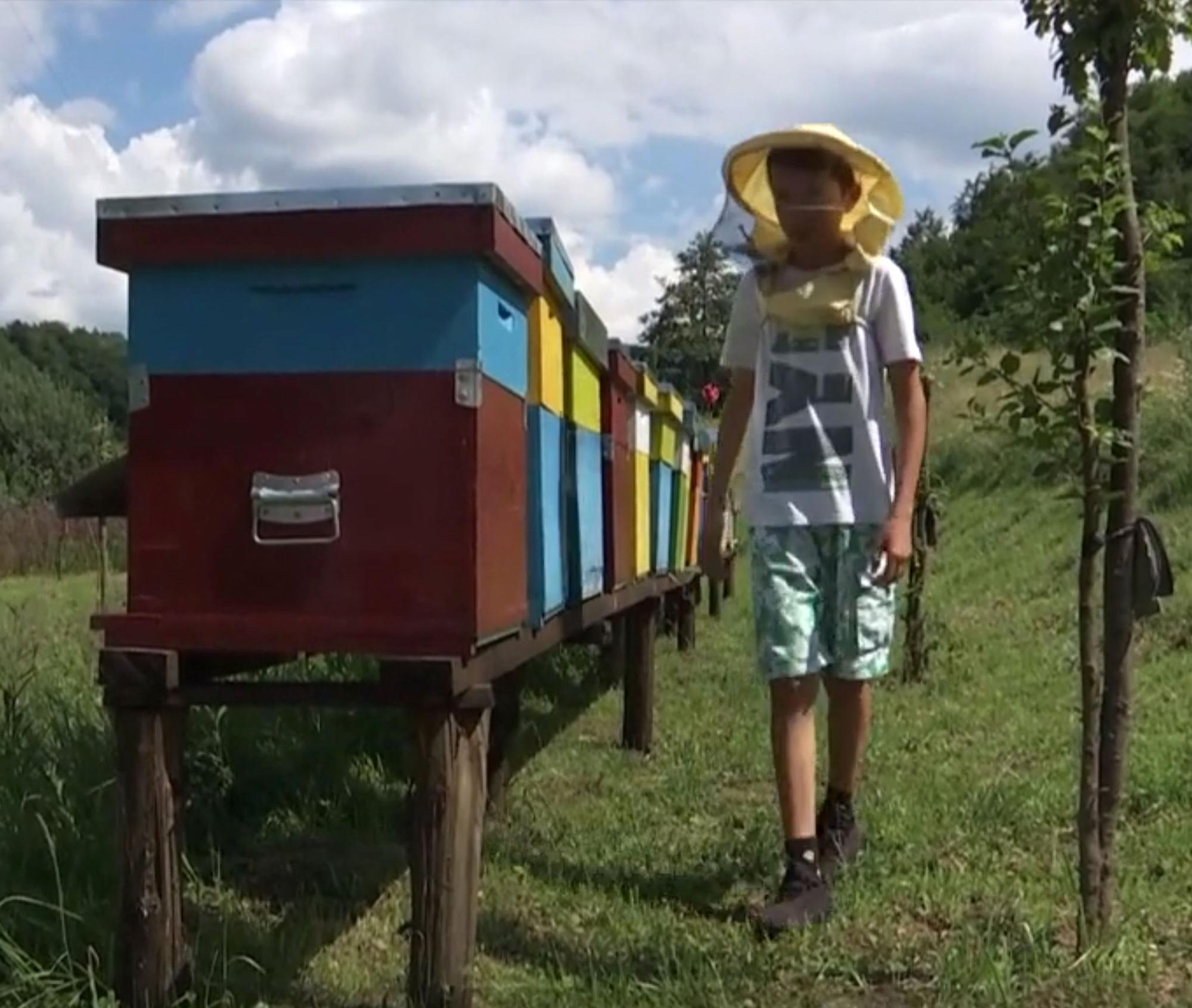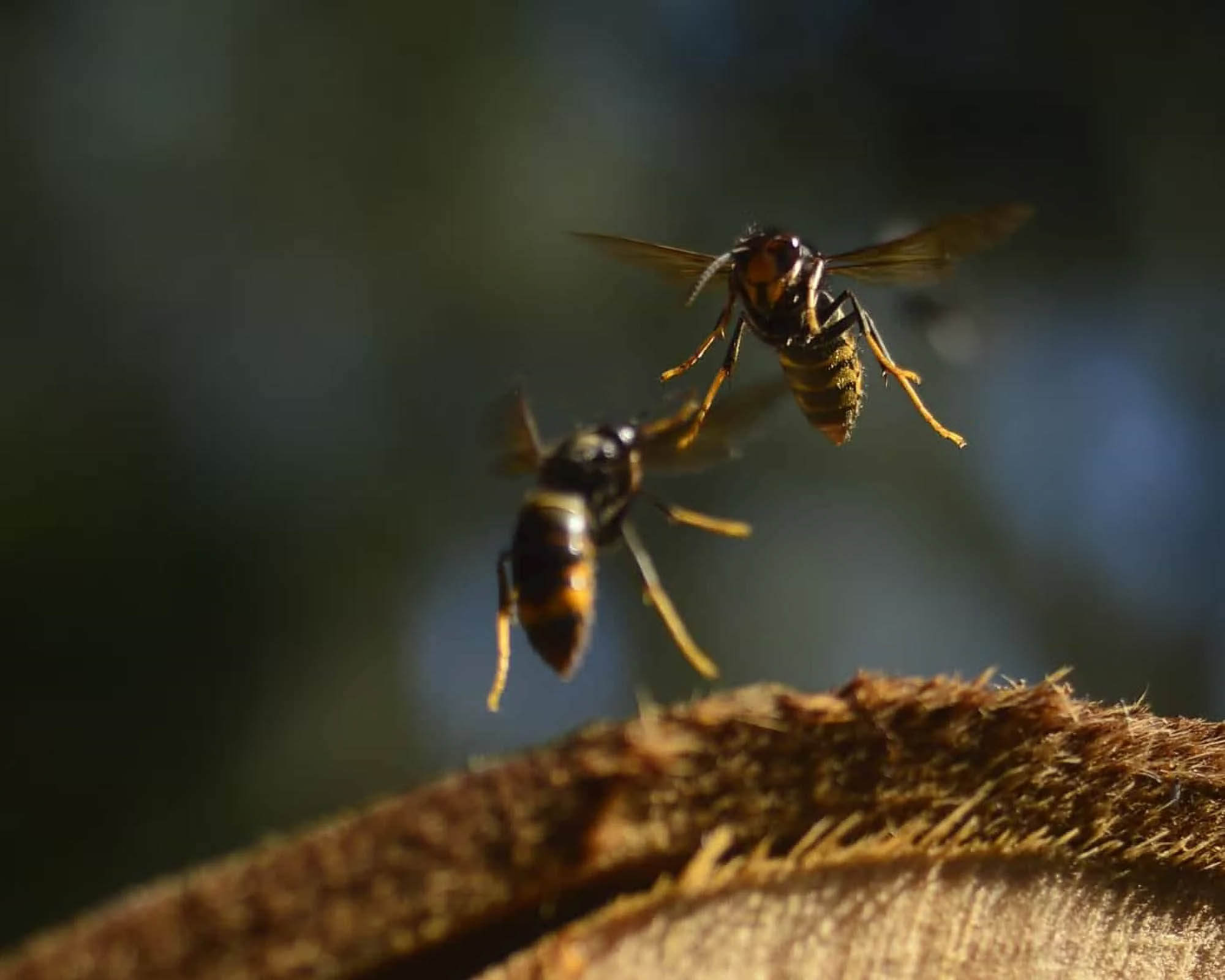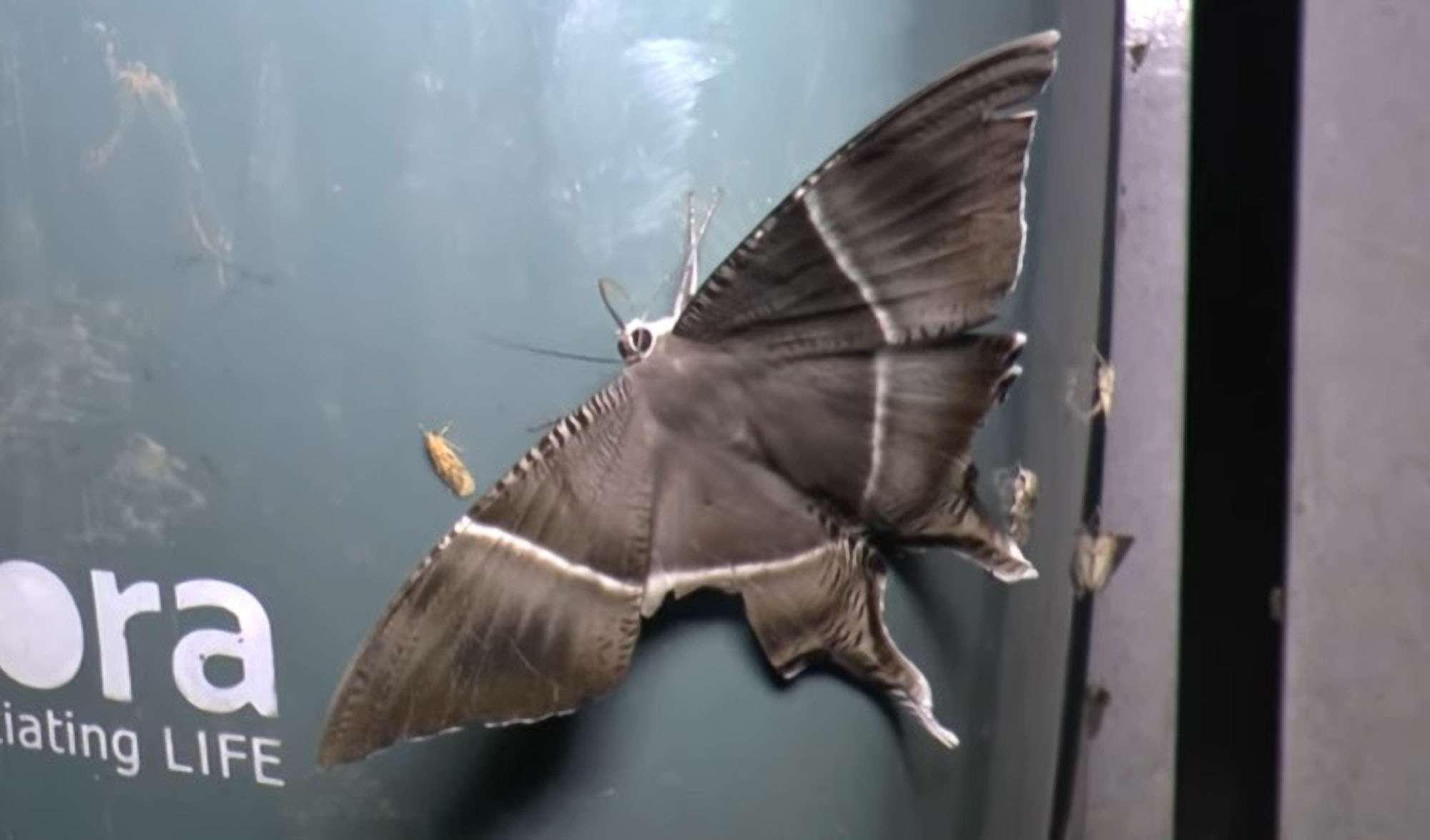An Austrian farmer has stopped cultivating a fifth of his estate to support a local beekeeper.
Franz Nigl manages a medium-sized agricultural business in the small town of Leiten, Upper Austria province, just a few miles from the Austrian-German border.
He told local newspaper Tips: “I want nature to benefit.”
Nigl, 60, cultivates five hectares. The area he’s abandoned to become untouched meadow measures around one hectare.
His neighbour, hobbyist beekeeper Josef Krenn, is overwhelmed.
He said: “I’ve never experienced anything like that.”
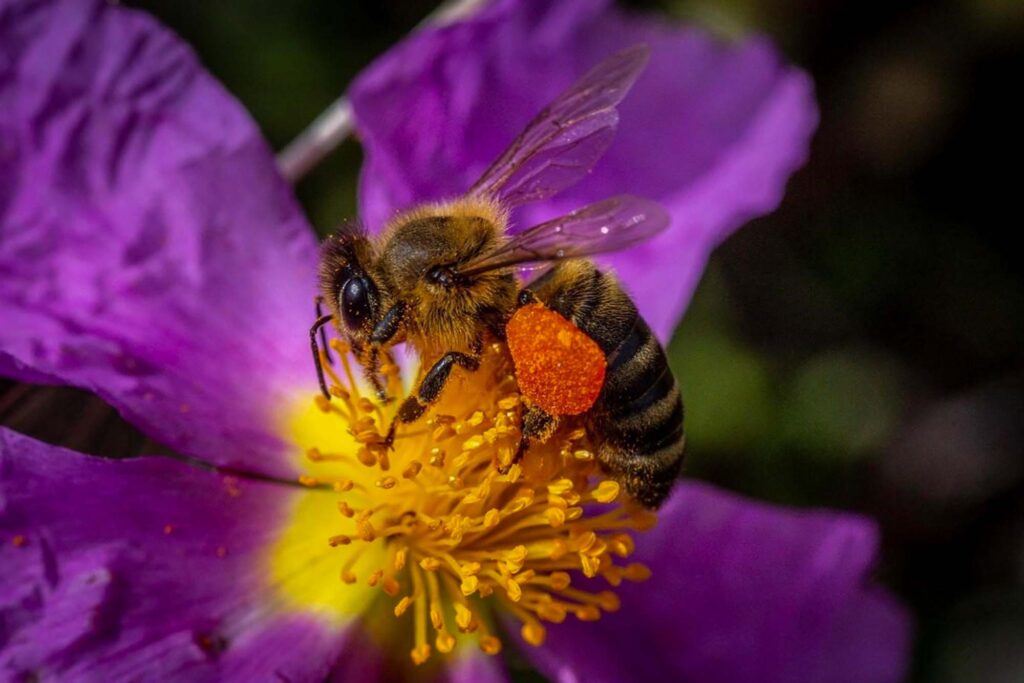
(Yannis Varouhakis (instagram.com/varouhakis)/ NewsX/BF
Around 40 different nectar plants are blossoming on the premises which local media have described as “an oasis.”
Beekeeper Josef argued: “All of us will benefit from it. I’ll be able to provide Franz with some excellent honey very soon.”
The neighbours – who have been close friends for years – think that European Union authorities should show more effort in protecting regional biodiversity.
Nigl told Tips: “Maybe there has to be an obligation to leave a certain percentage of crop areas to plants and insects.
“So much has been said about protecting the environment and endangered species, but hardly anything happens.
“Having a large-scale impact might be unattainable for individuals. However, it’s possible to change things for the better in your immediate vicinity.”
Nigl – who plans to extend the wild meadow next summer – hopes that other farmers follow his example after hearing about it.
The Austrian Ministry for Agriculture recently announced that it registered a record 33,327 beekeepers all over the country’s nine provinces last year.
Around 99 per cent of them engage in beekeeping as a hobby, the ministry added.
Official figures show that the overall number of colonies increased from 426,000 in 2020 to 456,000 in the following year.
In 2017, each beekeeper managed an average of 12 colonies. In the year 2021, this figure grew to 14.
Most colonies of bees are situated in the province of Upper Austria, the home region of farmer Franz Nigl and hobbyist beekeeper Josef Krenn.

